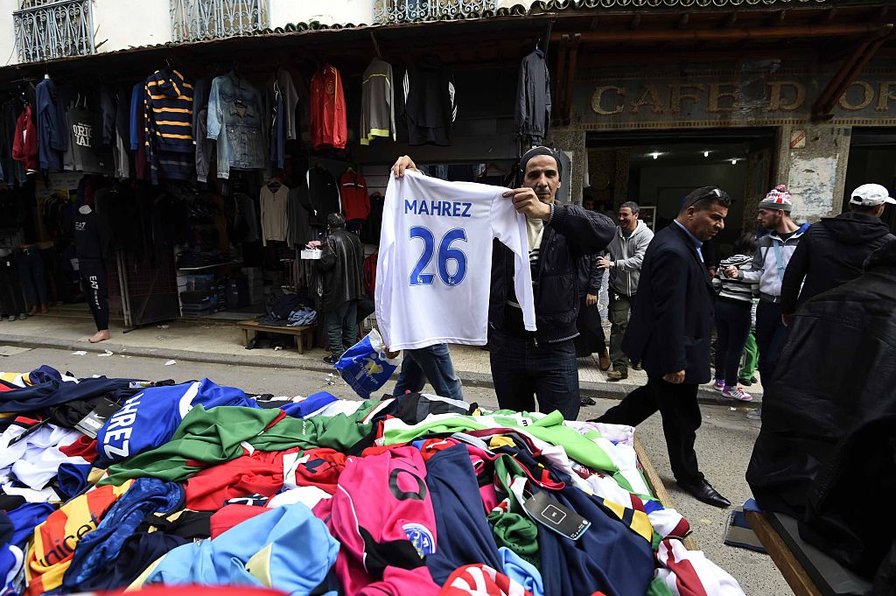
Nearly all of us have donated our old clothes before. Perhaps to a local consignment shop, perhaps to a larger organization that will send them overseas. Perhaps it was just to clean the closet, perhaps it was to help after a disaster. It seems like a win-win-win.
I clear out my closet and feel good about myself, the charity or store has a new item, and somebody will get a decent piece of clothing for a low price, if any.However, the effects of your donation might be negative, as several African nations are currently arguing.
The countries of Rwanda, Kenya, Uganda, Burundi, Tanzania, and South Sudan are taking steps to ban the import of second hand clothes by 2019, and have begun to implement import tariffs already. They are not alone in this action, South Africa banned such imports for years, and used clothes still cannot be imported into the Philippines.
But why?
While arguments that secondhand clothes can be unsanitary are relatively unfounded, the primary argument is that the low cost of imported hand-me-down clothes is preventing the production of local textiles. This is to the detriment of the economy of both the communities involved and the region as a whole. The goal of the ban, say the promoters, is to promote the purchase of locally produced textiles. Some have also made it a moral issue; asking how a nation can have dignity while wearing the rejected clothing of another.
There is, of course, a large body of opposition. Opponents include The Secondary Materials and Recycled Textiles Association (SMART), who argue that the decision…
The post Too Much of a Good Thing? Why African Countries Want to Ban Donated Clothes appeared first on FeedBox.